Edward Snowden: ‘If I Had Taken [the NSA] Documents to Congress, I Would’ve Gone to Jail’
Addressing an audience at Stanford University via video chat on Friday, Edward Snowden discussed the moral conundrums he faced as a whistleblower. He also made some recommendations on how authorities should address whistleblowers and surveillance.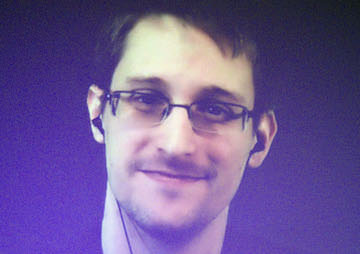
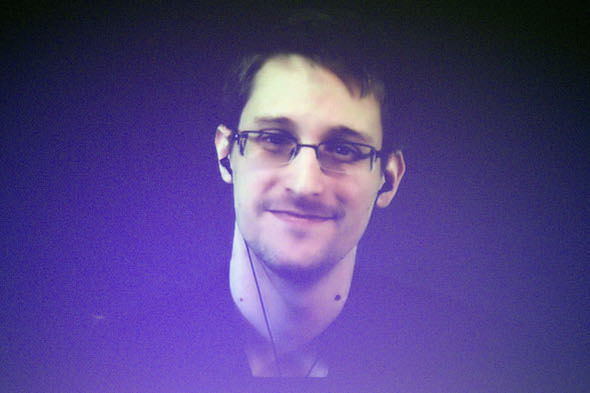
Former NSA contractor Edward Snowden. (AP / Charles Platiau)
Addressing an audience at Stanford University via video chat on Friday, Edward Snowden discussed the moral conundrums he faced as a whistleblower. He also revealed the fears he still harbors about government surveillance, and he made some recommendations on how authorities should address whistleblowers and surveillance.
While the full interview won’t be available until July 3, you can read some of the highlights in The Stanford Daily:
“I don’t think about myself or how I will be perceived. It’s not about me. It’s about us. I’m not a hero. I’m not a traitor. I’m an ordinary American like anyone else in the room,” said Snowden. “I’m just trying to do the best that I can.”
Snowden, who currently resides in Russia under asylum, proceeded to discuss the cost-benefit analysis that whistleblowers must consider before leaking information.
“I certainly paid for it,” he said. “I lived in Hawaii, had a wonderful girlfriend, a home, a happy family, a successful career. To walk away from that it does require a real commitment to something…I think the driving principle is that you have to have a greater commitment to justice than a fear of the law.”…Snowden also addressed several issues related to the Internet, including expectations of privacy on the web, Chelsea Manning’s role in leaking confidential government documents to WikiLeaks and new liberation technologies.
“The Internet goes into our homes and also into the confines of our mind. That’s where we confide in friends, that’s where we express ourselves, that’s where we develop our thoughts. It’s where we decide what we believe in and who we want to be.”…Snowden recommended two major policy changes: ending mass surveillance and better protecting whistleblowers. On the first point, he cited the “infective” nature of surveillance projects and the ineffectuality of the NSA’s data collection in producing any concrete security outcome. On the second point, he argued for creating independent agencies staffed by civil liberties advocates to handle cases like his.
Read more.
—Posted by Natasha Hakimi Zapata
Independent journalism is under threat and overshadowed by heavily funded mainstream media.
You can help level the playing field. Become a member.
Your tax-deductible contribution keeps us digging beneath the headlines to give you thought-provoking, investigative reporting and analysis that unearths what's really happening- without compromise.
Give today to support our courageous, independent journalists.

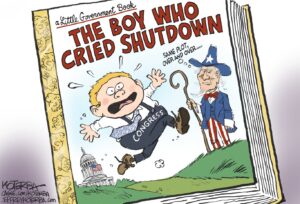
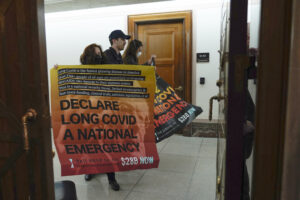

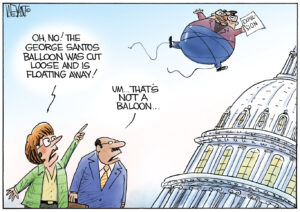
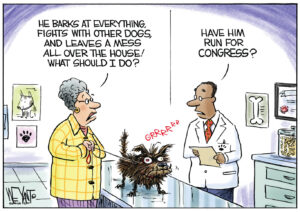
You need to be a supporter to comment.
There are currently no responses to this article.
Be the first to respond.